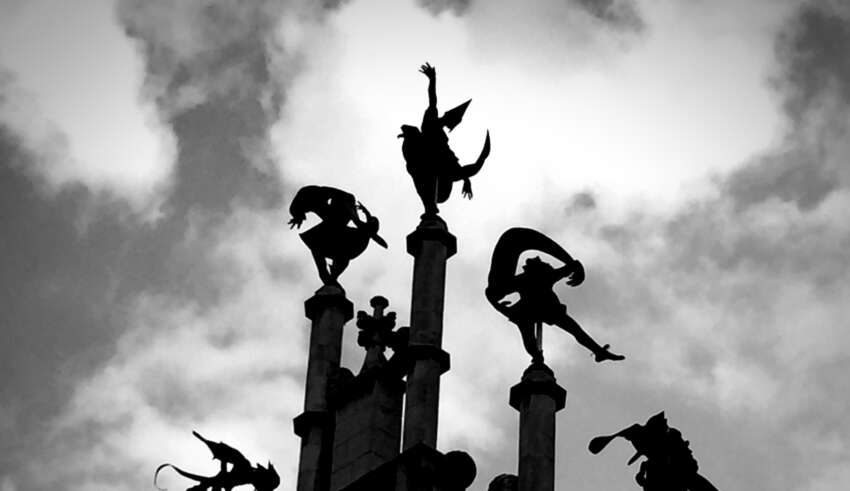
References
Bergquist, W. (2004) Creating the Appreciative Organization. Sacramento, CA: Pacific Soundings Press.
Bergquist, W. (2021) Revisiting COVID-19 Policy: A Psychological Perspective on Consideration and Compassion. Library of Professional Psychology. Link:https://library.psychology.edu/revisiting-covid-19-policy-a-psychological-perspective-on-consideration-and-compassion/
Boulding K. (1973) “Intersects: The Peculiar Organizations,” In Conference Board, Challenge to Leadership: Managing in a Changing World. New York: Free Press.
Crenshaw, K. and Others (Editors) (1996) Critical Race Theory: The Key Writings That Formed the Movement. New York: The New Press.
Csikszentmihalyi, M. Flow: The Psychology of Optimal Experience. New York: HarperCollins, 1990.
Drucker, P. (1989) The New Realities. New Realities. New York: HarperCollins, 1989.
Drucker, P. (1999) Management Challenges for the 21st Century, New York: HarperBusiness, 1999.
Goodman, J. B. and G. W. Loveman (1991) “Does Privatization Serve the Public Interest?” Harvard Business Review, 1991, Nov. -Dec., pp. 26-38.
Hancock, A. (2016) Intersectionality: An Intellectual History. New York: Oxford University Press
Jameson, F. (1991) Postmodernism or the Cultural Logic of Late Capitalism. Durham, NC. Duke University Press.
Kets de Vries, M. (2003) Leaders, Fools and Imposters. New York: iUniverse.
Page, S. (2011), Diversity and Complexity. Princeton, NJ: Princeton University Press.
Senge, P. The Fifth Discipline. New York: Doubleday, 1990.
Turner, V. (1977) The Ritual Process: Structure and Anti-Structure. Ithaca, New York: Cornell University Press.









